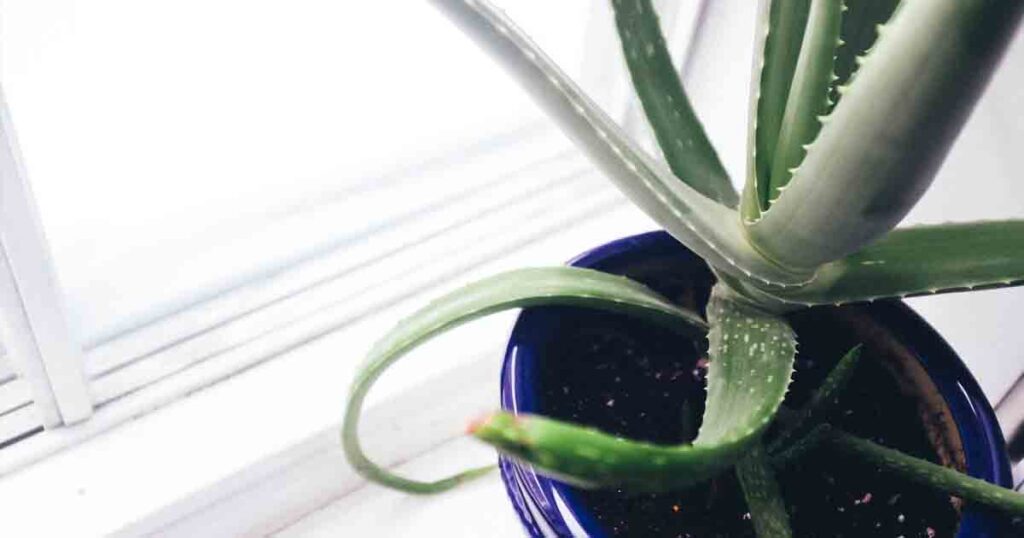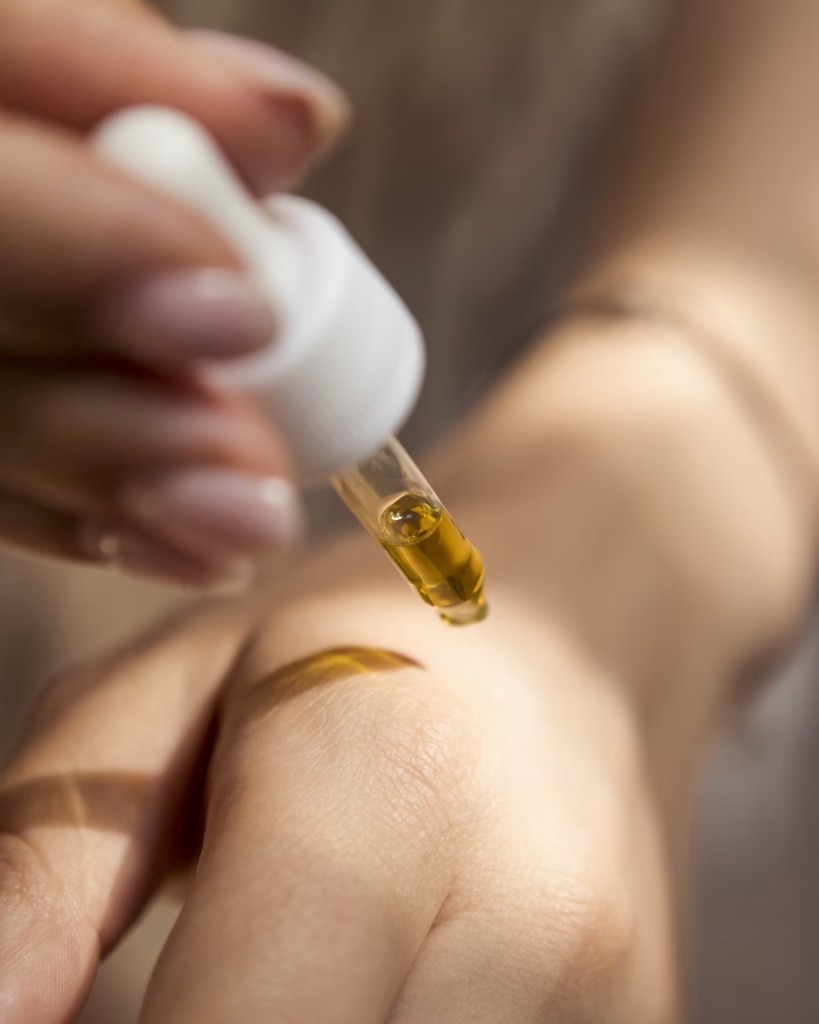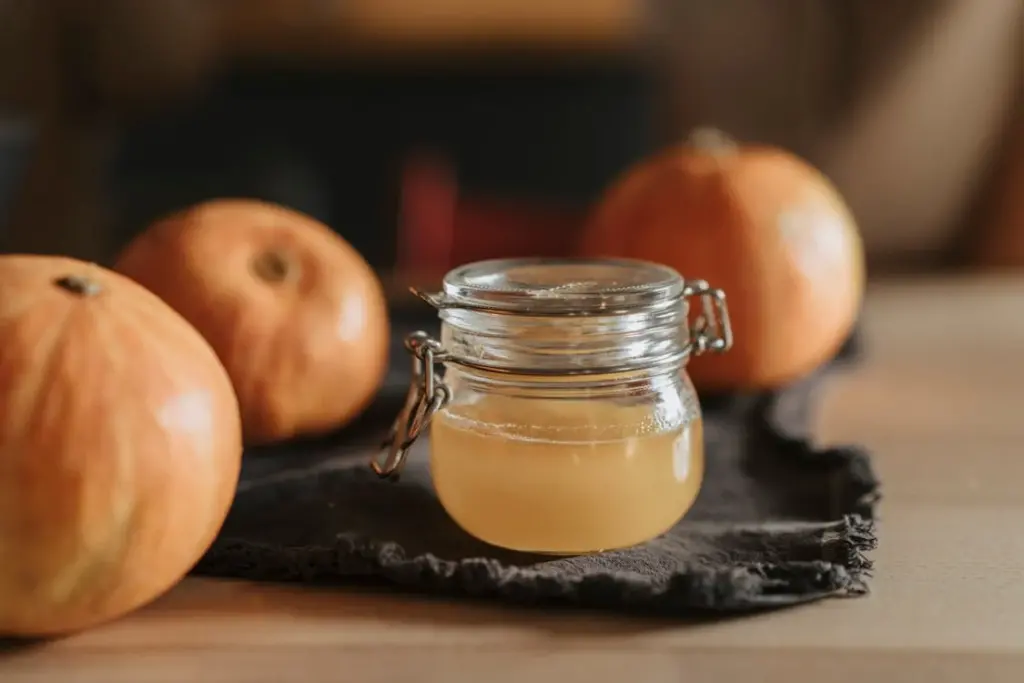Mosquito bites are a common annoyance, especially during warmer months. While most bites cause minor irritation, the itching can be quite bothersome. Fortunately, several simple and effective remedies can help you find relief. Below is a list of proven methods that can be used to stop mosquito bites from itching right away.
1. Cold Compresses
Applying a cold compress is one of the quickest and easiest ways to reduce swelling and numb the itching sensation. Use an ice pack or a cold, damp cloth and apply it to the bite for 10 to 15 minutes. This method provides immediate relief and is especially effective when the bite is fresh. You can also use a refrigerated chamomile tea bag for added anti-inflammatory benefits.
2. Hydrocortisone Cream
For fast and effective relief, over-the-counter hydrocortisone cream is a popular choice. The 1% hydrocortisone in the cream works by reducing inflammation, itching, and redness. Apply the cream directly to the bite a few times a day for the best results.
3. Aloe Vera

Aloe vera is a well-known remedy for soothing skin irritation. Apply pure aloe vera gel to the mosquito bite to reduce redness and swelling while promoting faster healing. This natural remedy can be used as often as needed and is perfect for those who prefer a chemical-free option.
4. Rubbing Alcohol
Rubbing alcohol is a quick and accessible remedy that helps reduce itching by breaking down the proteins in the mosquito’s saliva. The cooling effect of the alcohol provides immediate, though temporary, relief. Simply dab some rubbing alcohol on the bite with a cotton ball for a quick fix.
5. Baking Soda Paste
A homemade paste made from baking soda and water is a simple yet effective way to neutralize the skin’s pH and reduce itching. Apply the paste to the bite, leave it on for about 10 minutes, and then rinse it off. This remedy is recommended by the CDC for calming irritated skin.
6. Honey

Raw honey is not just a sweet treat—it’s also a powerful remedy for mosquito bites. Its natural antibacterial and anti-inflammatory properties help soothe the bite and prevent infection, especially if the bite has been scratched. Apply a small amount of honey directly to the bite for relief.
7. Peppermint Oil
Peppermint oil, when diluted with a carrier oil like coconut oil, can be applied to mosquito bites to provide a cooling sensation that soothes itching. The menthol in peppermint oil helps to reduce swelling and offers immediate relief. Be sure to dilute the oil properly before applying it to your skin.
8. Witch Hazel
Witch hazel is a natural astringent that can help reduce inflammation and speed up the healing process. The tannins in witch hazel provide anti-inflammatory benefits, making it a great option for soothing mosquito bites. Simply apply it to the bite with a cotton ball.
9. Hot Spoon Method
An old but effective remedy, the hot spoon method involves heating the back of a spoon in hot water and pressing it against the bite. The heat neutralizes the proteins in the mosquito’s saliva, reducing the itching sensation. This method works by desensitizing the nerves that transmit the itch.
10. Vinegar

Apple cider vinegar is a versatile household item that can help relieve mosquito bite itching. The acidity in vinegar can reduce stinging and act as a natural disinfectant. Apply a drop directly to the bite or use a vinegar-soaked cloth for relief.
11. Over-the-Counter Antihistamines
If you’re dealing with multiple bites or severe itching, oral antihistamines like Benadryl can be very effective. These medications work by blocking histamine, the compound your body releases in response to mosquito saliva, helping to reduce overall itching and swelling.
Mosquito bites may be irritating, but they don’t have to ruin your time outdoors. From simple remedies like cold compresses and hydrocortisone cream to natural treatments like aloe vera and honey, there are plenty of ways to stop the itching and discomfort. Remember, prevention is key, so use insect repellent and protective clothing to avoid bites in the first place. If a bite worsens or shows signs of infection, be sure to consult a healthcare provider.
